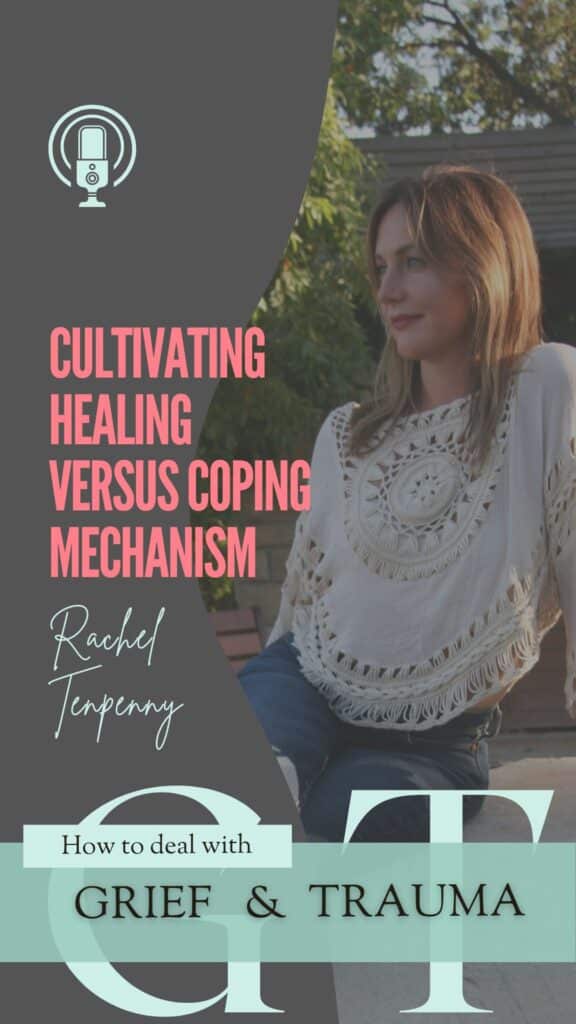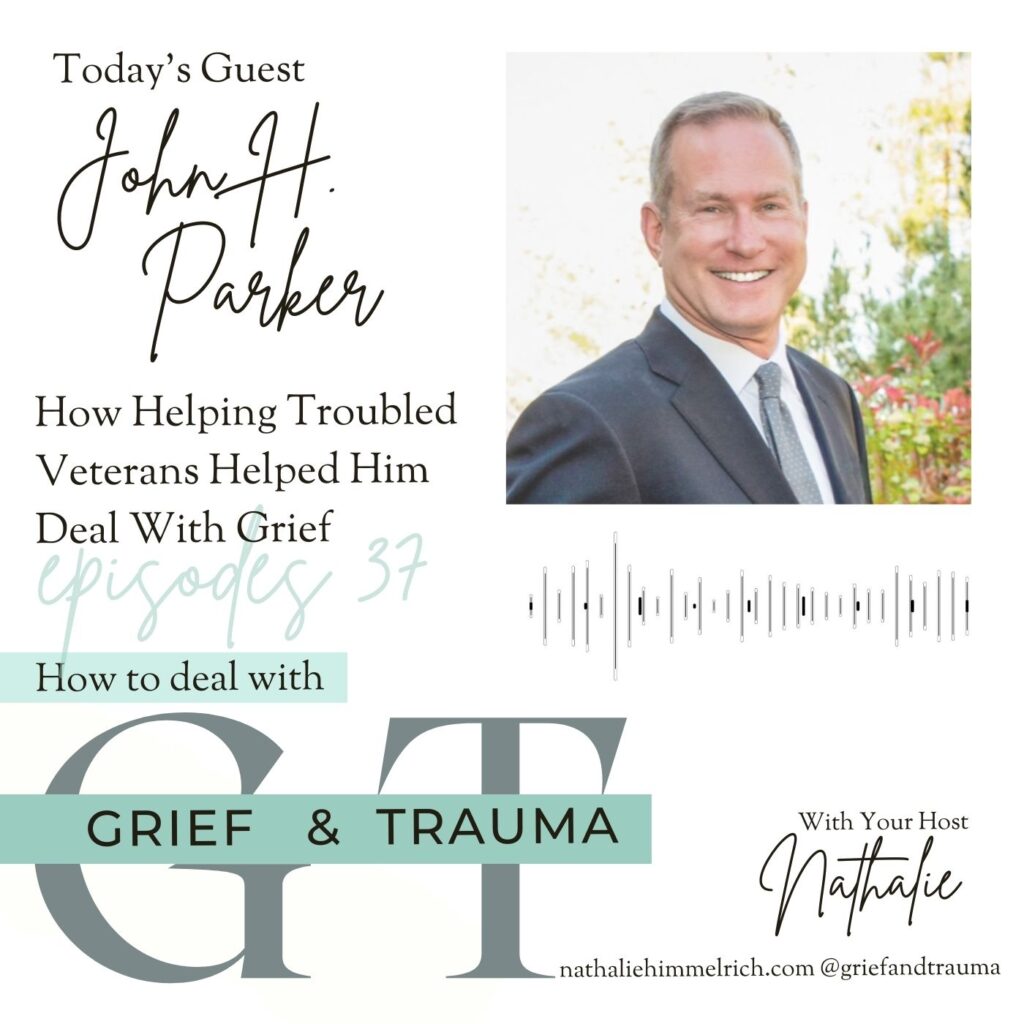The human nervous system is a complex and intricate network that plays a pivotal role in how we respond to and cope with various life experiences, including grief and trauma. Understanding the nervous system’s function is essential for those seeking to navigate the challenging journey of grief and trauma recovery. In this blog post, we will delve into the significance of the nervous system in these contexts and explore how it influences our emotional and physical responses.
➡️ Listen to the Podcast episode on Trauma and Its Impact on the Nervous System.

The Nervous System: An Overview
The nervous system can be thought of as the body’s communication network. It consists of the central nervous system (CNS), which includes the brain and spinal cord, and the peripheral nervous system (PNS), which comprises nerves that extend throughout the body.
- Fight or Flight vs. Rest and Digest: The autonomic nervous system (part of the PNS) is particularly relevant when discussing grief and trauma. It has two main branches: the sympathetic nervous system (SNS) and the parasympathetic nervous system (PNS). The SNS triggers the “fight or flight” response, preparing the body for action in response to perceived threats. On the other hand, the PNS activates the “rest and digest” response, promoting relaxation and recovery.
- Emotions and Memory: The brain, a critical component of the CNS, is deeply involved in processing emotions and forming memories. Traumatic events can create lasting imprints on the brain, influencing how we recall and react to them.
Grief and the Nervous System
Grief is a natural response to loss, and it often manifests as a complex interplay of emotions, thoughts, and physical sensations. The nervous system plays a vital role in how we experience and cope with grief.
- Emotional Rollercoaster: The SNS can become overactive during grief, leading to increased stress levels, anxiety, and even physical symptoms such as a racing heart or shallow breathing. Understanding this physiological response can help individuals recognize and manage the intense emotions that grief can bring.
- Vulnerability to Mental Health Issues: An overwhelmed nervous system can make individuals more susceptible to mental health challenges such as depression or anxiety. It’s important to seek support and strategies to regulate the nervous system during the grieving process.
Find out how Mourning Accompaniment can support the regulation of your nervous system.
Trauma and the Nervous System
Trauma is a Greek word for wound. Literally that’s what it means. So when you understand that, then you realize…trauma is not what happens to you…it is what happens inside you as a result of what happened to you.
Gabor Maté
Trauma occurs when an individual experiences an event or events that overwhelm their ability to cope. Trauma can have a profound impact on the nervous system, often leading to long-lasting consequences.
- Hyperarousal and Hypoarousal: Trauma can cause dysregulation in the nervous system, resulting in periods of hyperarousal (intense anxiety, hypervigilance) and hypoarousal (numbness, dissociation). Recognizing these states is crucial for trauma survivors.
- Body Memory: Traumatic memories can be stored in the body, leading to physical symptoms and sensations triggered by reminders of the trauma. Techniques like somatic experiencing can help release these stored traumas.
Find out how Nathalie’s work with clients could support you in dealing with trauma.
The Role of Regulation
Recovery from grief and trauma often involves the regulation of the nervous system to achieve a state of equilibrium within the “window of tolerance.” This term describes a range of emotional arousal within which individuals can effectively process their experiences.
- Mindfulness and Grounding: Mindfulness practices, such as meditation and deep breathing exercises, can help individuals stay within their window of tolerance by promoting relaxation and self-awareness. Grounding techniques, which focus on the present moment, can also be invaluable.
- Therapeutic Support: Professional therapy and counseling can provide guidance and tools for nervous system regulation. Therapists use various approaches, including cognitive-behavioral therapy, eye movement desensitization and reprocessing (EMDR), and body-centered therapies, to help individuals navigate their grief and trauma.
Listen to the How to Deal With Grief and Trauma Podcast to find out which therapies might be most beneficial for you.
Every traumatic event is stressful,
Gabor Maté
but not every stressful event is traumatic.
The nervous system is a central player in how we experience and recover from grief and trauma. Recognizing the physiological and emotional responses of the nervous system can empower individuals to manage their emotions, seek support, and embark on a journey of healing and recovery. Remember, seeking professional help when dealing with severe grief or trauma is essential, as trained therapists can provide the necessary guidance and techniques to regulate the nervous system and foster resilience.
Image Credit: Unsplash





